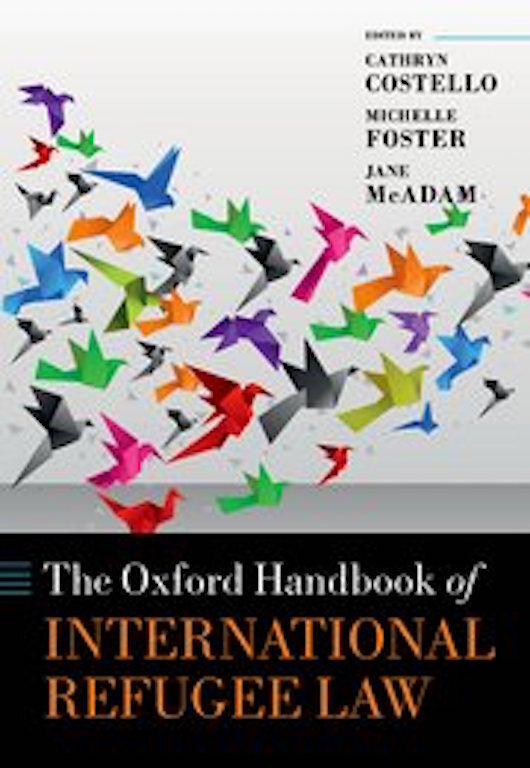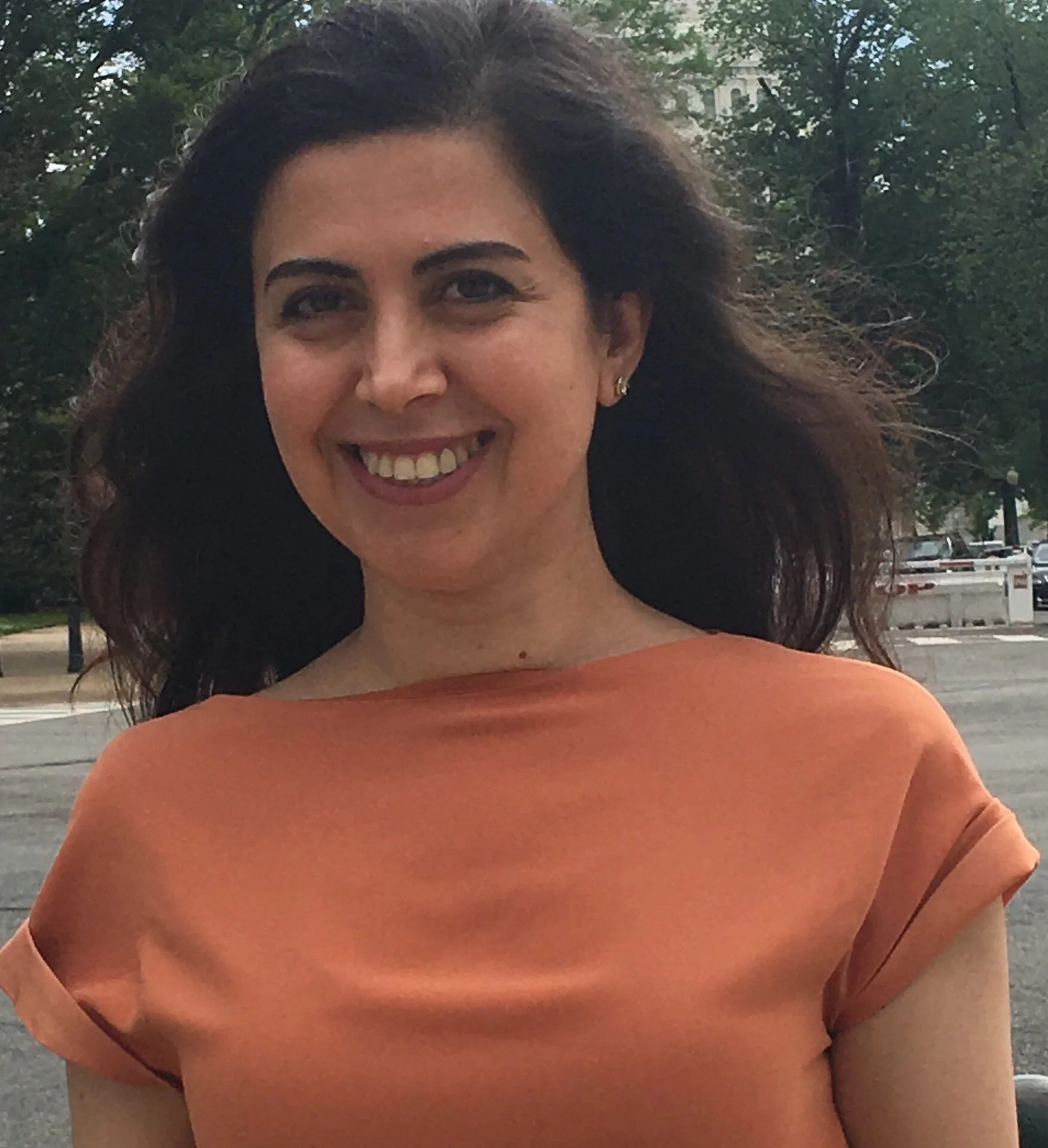Globalization & Migration
How can education contribute to a new and inclusive global politics of migration?
Refugees often experience multiple cycles of displacement and return, forcing young people to constantly re-imagine their futures. REACH considers how education can support physical and cognitive mobility, thereby enabling individuals and nation-states to build productive futures.
research Article
Pathways to Educational Success Among Refugees: Connecting Locally and Globally Situated Resources by Sarah Dryden-Peterson, Negin Dahya, and Elizabeth Adelman (2017) in American Educational Research Journal.
This study identifies pathways to educational success for refugees. It examines the nature and content of supports that students identify as important. Refugee young people point to close relationships with family, friends, and teachers—both in-person and virtually—as providing critical motivation, mentorship, and academic support.
The findings suggest that both locally- and globally-situated relationships, mediated by technology, are critical to enabling refugee young people’s educational success.
Policy Engagement
The Purposes of Refugee Education: Moving Out of the Box by Sarah Dryden-Peterson (2017) in Promising Practices in Refugee Education.
This blog looks at how education is constrained by prevailing nation-state models of schooling. Although refugee young people imagine futures than span nation-states, the education they have access to often places them within national boxes of laws, policies, knowledge, and identities. Shifting opportunities for refugee young people will depend on building anew the shapes of these boxes.
CurriculuM
Shams, by Dima Masri (2017), is a collection of poems for students ages 10 and older.
This work is inspired by an interview with Shams, a Palestinian girl born in Jerusalem who grew up in the West Bank. Central to Shams’ story is the power of music in shaping her educational trajectory and providing unique opportunities compared to that of her peers.














